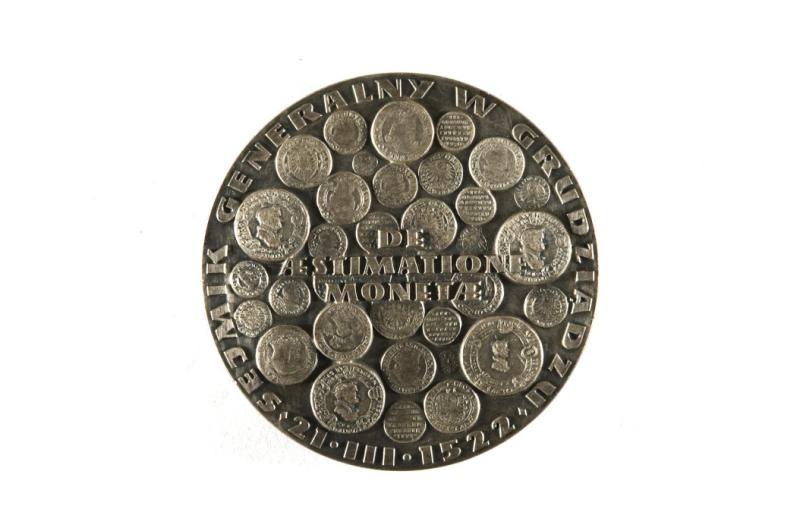The time of Copernicus was a period of important economic change for Europe and particularly of the gradually emerging duality in the rate of economic development between Western, and Central Eastern Europe.
Central Europe witnessed the gradual development of a system of feudal agriculture based on large farms (folwarks) worked by serfs (chłopi pańszczyźniani) with the landowning nobility (szlachta) making every effort to curb any economic initiative demonstrated by other social classes. These practices applied to cities and towns which, except for capital cities (e.g. Prague and Kraków), ports (e.g. Gdańsk/Danzig, Szczecin/Stettin, Królewiec/Knigsberg and Riga) and important commercial centres (e.g. Wrocław/Breslau), were much less economically advanced than their West European counterparts. Notwithstanding these differences, however, the same trend became noticeable in all countries, namely, the growing importance of money for the development of the domestic economy. Therefore, it is no wonder that at that time monetary issues were among the most burning economic problems to be attended to.
A considerable expansion of the world market resulted in significant changes in international trade. A new economic theory developed called bullionism asserting that accumulating large amounts of precious metals (gold and silver) in a nation would facilitate the development of trade and increase the national income. Hence the increasingly frequent debates on monetary issues and on so-called good coinage in particular, because the debasement of money badly affected many social groups, especially those engaged in international trade. Bad (debased) domestic coins were useless as legal tender in trade with other countries. The monetary reform proposals put forward by Copernicus, as well as his theory of so-called bad money, place the man and his work in the midst of the debate on socio-economic processes that were shaking the Europe of his time.
 English (United Kingdom)
English (United Kingdom)  Polski (PL)
Polski (PL) 






